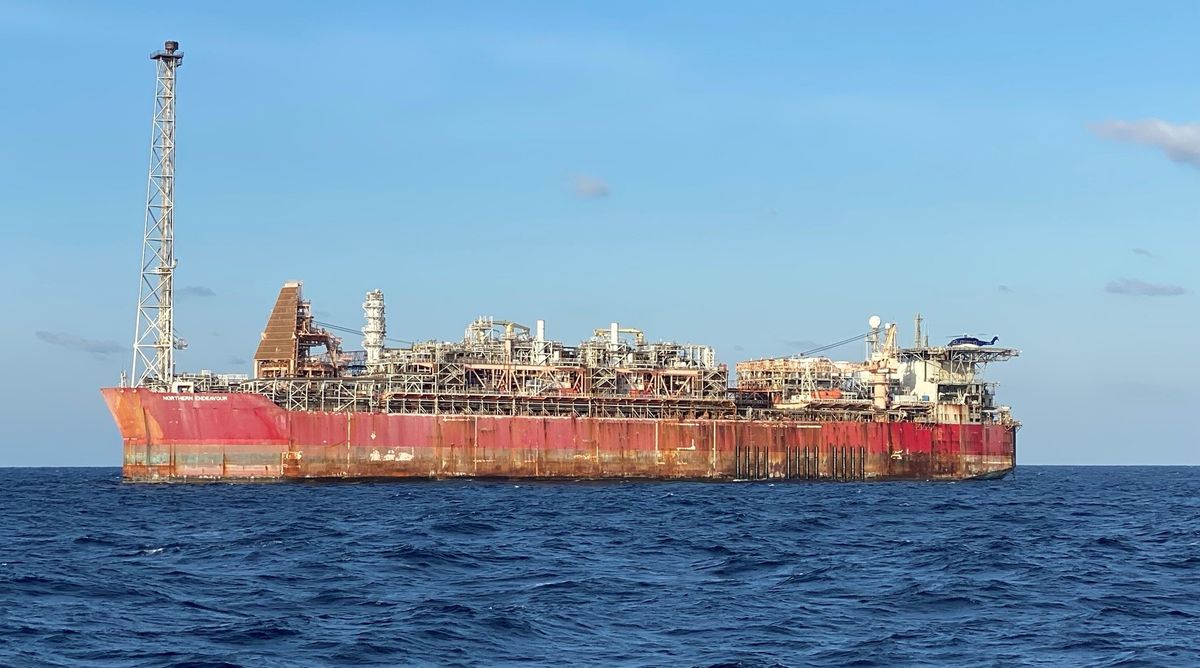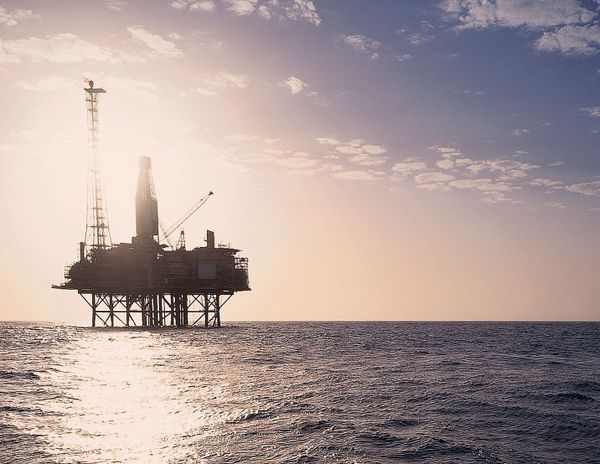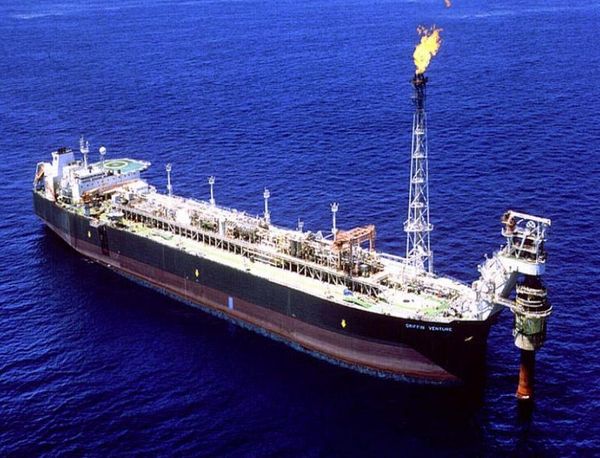BHP and Woodside deal will not escape tougher decommissioning laws
If Woodside absorbs BHP's oil & gas assets new laws ensure the massive decommissioning liability falls to one of the companies, not the Australian taxpayer, unlike the Northern Endeavour.

A corroded hulk floating in the Timor Sea and legislation making its way through Parliament in Canberra will loom large in financial assessments of BHP offloading its oil and gas assets to Woodside.
Federal Resources Minister Keith Pitt said he was notified of the talks between BHP and Woodside that the two companies confirmed today.
Pitt said the negotiations were a commercial matter for the two companies.
Legislative changes Pitt introduced in response to the Federal Government being landed with an up to $1 billion cost to decommission the Northern Endeavour mean the Minister will not have to directly intervene in this deal to protect the interests of Australian taxpayers.
Northern Oil and Gas Australia, the owner of the Northern Endeavour, went into liquidation in early 2020, less than five years after buying the Timor Sea oil project off Woodside.
Pitt said any company buying into Australia’s offshore industry should be aware of the Government’s proposed legislative and regulatory changes to strengthen Australia’s decommissioning regime.
“These changes will ensure a higher level of financial scrutiny on transactions relating to title transfers, an extension of existing financial assurance provisions and the introduction of a trailing liability regime as a last resort to ensure decommissioning costs do not fall to Australian taxpayers,” Pitt said.
“Should the amendments pass, the new trailing liability provisions will apply to all titleholders from 1 January 2021 and will capture any changes…after this date but prior to commencement of the new provisions.”
With bipartisan support, there is little doubt the proposals will become law. Application from January 1, 2021, will prevent a speedy agreement escaping the measures.
The multi-billion-dollar liability transfer
A successful deal would see Woodside double its stake in the North West Shelf LNG project to a third and take 50 per cent of the ExxonMobil-operated Bass Strait facilities.
The two projects were the start of a significant offshore oil and gas industry in Australia. However, both are now sprawling collections of ageing assets with declining production and massive fast-approaching decommissioning bills for both offshore and onshore facilities.
In May, the offshore safety regulator NOPSEMSA ordered 180 wells in the Bass Strait to be plugged and the dismantling of ten platforms within a prescribed schedule. This is just the start of the bill Woodside would have to pay half of.
A Federal Government commissioned study released in May estimated the cost to decommission Australian offshore oil and gas facilities to be $US40.5 billion ($55 billion).
The Gippsland Basin, which is predominantly ExxonMobil/BHP assets, accounted for 26 per cent of this cost, putting BHP or Woodside’s share of the bill at about $7 billion through to 2050.
An enlarged Woodside would also bear onshore decommissioning costs in Victoria and double its present exposure to cleaning up the North West Shelf project.
The bill that must be paid, not delayed or dodged
NOPSEMA’s new proactive and prescriptive approach to decommissioning has stopped the constant delay to decommissioning that has been the industry’s default practice to date.
The legislative amendments before Parliament will close the other escape route that Woodside used in 2015: selling to a buyer attracted by the upside of a bargain price but unable to afford the downside when things went wrong.
A transfer of offshore assets from BHP to Woodside will require Federal Government approval, and Woodside will be scrutinised to ensure it can afford its decommissioning costs over coming decades.
Woodside in 2021 is more capable and financially stronger than Northern Oil and Gas Australia, but in the longer term, it may find itself in a similar position.
No rational observer now regards hydrocarbon production as a steady-state business. Eventually, production and revenue will fall, and decommissioning costs will rise.
When the future value of production falls below the cost of decommissioning, an oil and gas company will be essentially worthless.
At that point, there are three ways decommissioning could be paid for.
The oil and gas company could have diversified into clean energy and then use part of that revenue to clean up its legacy.
Woodside may be in this position next decade if it can completely pivot its business while absorbing the new assets from BHP. If Woodside, or another partner in the joint venture, cannot pay the burden falls on the partners that are still solvent.
Alternatively, money may have been put away for decommissioning while the fields were profitable, but Australian legislation does not allow for this.
The option of last resort is trailing liabilities that would see the Federal Government chase previous owners of the Bass Strait and the North West Shelf for the bill.
For both projects, there will be no juicier company to squeeze than fossil-fuel-free BHP. The energy transition will most likely boost its mining revenue while the cash flow of oil and gas companies shrinks.
BHP shareholders of the 2030s will hope Woodside is successful; otherwise Canberra will be diverting some of their dividend stream to clean up the miner’s petroleum past.
Update 17 August: Added that other joint venturers are liable if a company cannot meet its decommissioning liability. Only after that do trailing liabilities come into play.
Main image: Federal Government controlled Northern Endeavour oil vessel rusting in the Timor Sea in mid-2021. Source: Anon.




